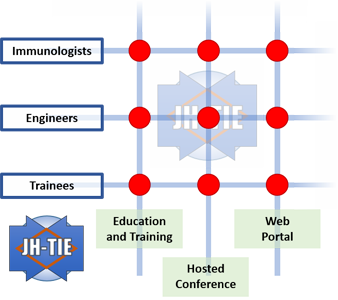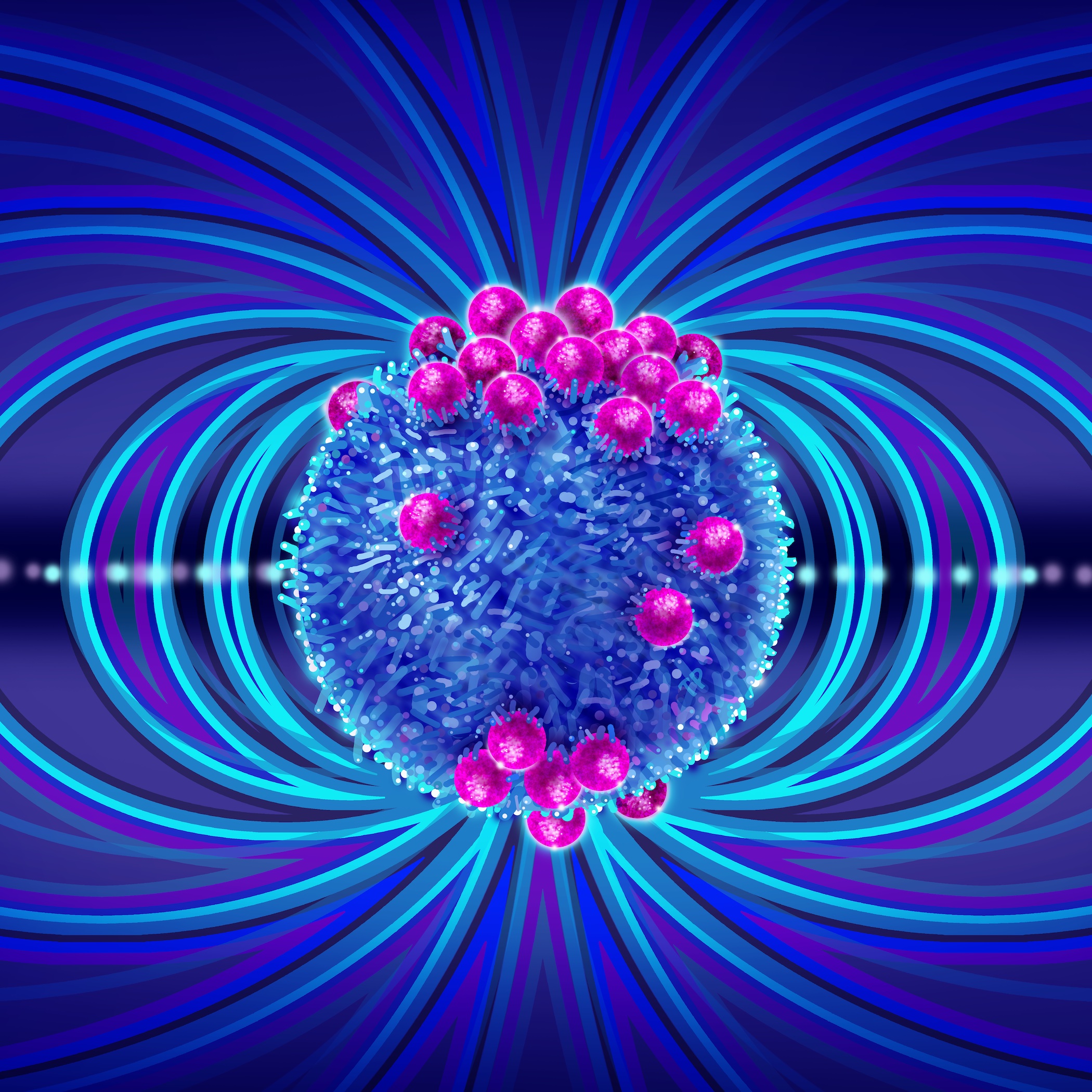Training

The field of Immunoengineering is an explosively growing combination of two diverse, complex fields: engineering and immunology. In each, there is a widespread lack a fundamental understanding of the other.
JH-TIE will take a leadership position in breaking down barriers between the fields. By providing broad dissemination of immunoengineering principles, tools, and technical advances we hope to greatly expand the emerging field of immunoengineering. The P41 mechanism is an ideal opportunity to overcome the divide between researchers in immunology and engineering.
JH-TIE’s goal is to make the lexicon, approach, and tools of immunoengineering accessible to a wide array of researchers. Our vision is to become a hub and thought leader for immunoengineering. JH-TIE will host conferences and training programs in immunoengineering to reinforce our mission. Our researchers will disseminate our work through scholarly publications, workshops, conference posters and presentations, and a dedicated website for use by collaborative participants worldwide.
With an integrated immunology-and-engineering approach, we can address a myriad of challenges in a wide variety of applications such as cancer immunotherapy and tissue engineering. Blurring the lines between immunology and engineering offers the opportunity for unique synergy in medicine. Our education, training, and dissemination goals will help ensure the impacts of JH-TIE not only extend well beyond our immediate research goals, but also persist as our message and trainees propagate. The perspectives of both immunologists and engineers will be integrated across education efforts ranging from the undergraduate to post-doctoral levels and in platforms ranging from local seminars to an annual conference to virtual learning modules.
There are three constituencies that we are serving with our training and dissemination goals:
- Immunologists interested in learning quantitative bioengineering approaches and utilizing newly developed bioengineering technology.
- Engineers interested in learning immunology and exploring immunological problems and applications.
- Trainees new to science and engineering, who will learn immunoengineering for the first time in an integrated way.
There are three core educational platforms that we are utilizing to serve these constituencies:
- Education and Training: Local immunoengineering education at JHU through lectures and hands on lab training. Graduate students and fellows will benefit through a newly developed curriculum and training program.
- Translational Immunoengineering Conference: Hosting a new annual educational conference on Translational Immunoengineering. This will bring together JHU and non-JHU clinicians, immunologists, and engineers; local, national, and international.
- Translational Immunoengineering Website: Hosting virtual learning modules and a website for dissemination of Translational Immunoengineering progress and best practices.

